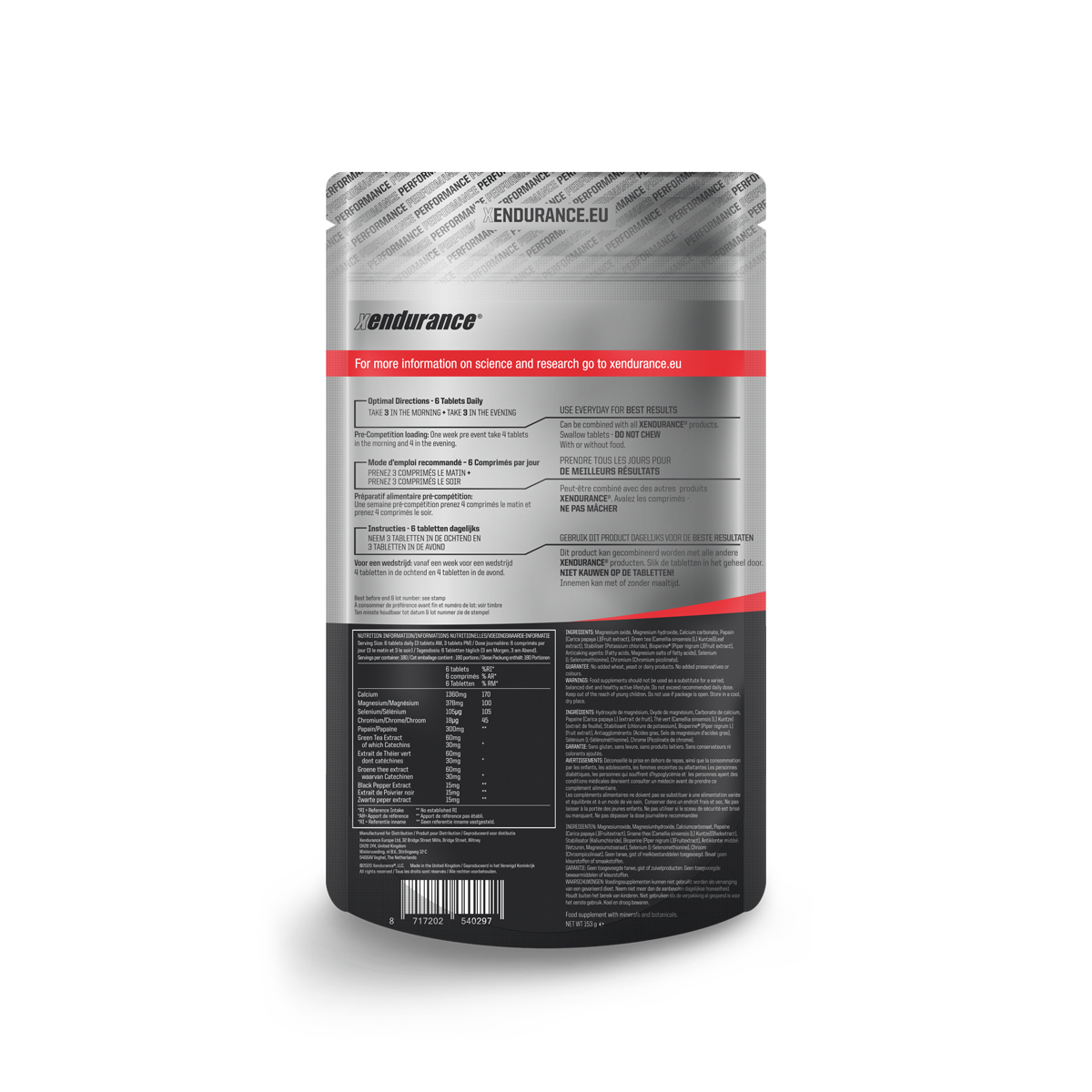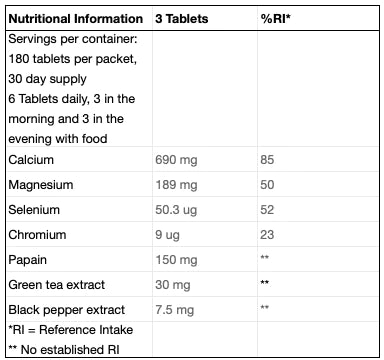Differences of opinion continue within the endurance sports community regarding the benefits of resistance training (or lack of). Looking at the training schedules of elites often helps very little; reports abound of those who avoid structured resistance training, to those who advocate heavy lifting and those who employ a higher repetition approach. For amateur endurance athletes the possible merits of resistance work needs to be weighed up against the additional benefits of even more aerobic training as time is often in short supply.
What does the evidence suggest?
- Resistance training MAY HELP REDUCE running related injury risk but the best protocol remains contentious.
- Lower limb resistance training IS EFFECTIVE for improving running economy. A combination of resistance training and plyometric training is likely to be most appropriate here.
- Isometric resistance exercise APPEARS PROMISING when training volume is already high.
- Strengthening is UNLIKELY TO CHANGE running technique or biomechanics unless neuromuscular training and/or bio-feedback are utilised.
- Unless specific weakness deficits are identified, all major lower limb muscle groups should be targeted.
*Plyometric exercises involve rapid stretching and contraction of muscles; examples include forms of hopping, jumping and rebounding.
*Isometric exercises involve the ‘static’ contraction of a muscle or group of muscles without of a joint/limb.
In my triathlon coaching practice I tend to strongly advocate resistance training when any or multiple of the following criteria are met:
- Athlete has a history of recurrent lower limb injuries.
- No or minimal previous resistance training (also if didn’t play team sports growing up).
- Specific lower limb weakness or deficit noted (specific strengthening program).
- Aging athlete (over 50 for sure and probably from 40).
- Almost unlimited training hours per week – the value of more aerobic training is likely to be marginal and the additional gains from resistance training likely higher in comparison.
- Athlete believes they should or need to perform resistance training.
I hope you can use the brief summary above to help make an informed decision on the possible impact of resistance training on your own individual run performance.









